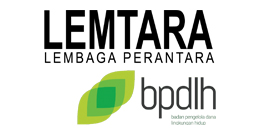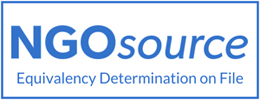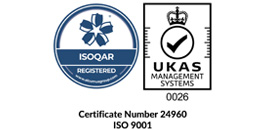Civic Space Strengthening
- Financial Management System Development
- HIVOS Capacity Building Indonesia Partners
- Berau NGO Capacity Building
- Financial Consultancy on Capacity Building of SIMAVI’s Grantee
- Financial Capacity Building FNV Partners in Indonesia 2014–2015
- Technical Service Provider for Building the Capacity of HIV/AIDS Civil Society Organizations on Organizational Performance and Financial Management




